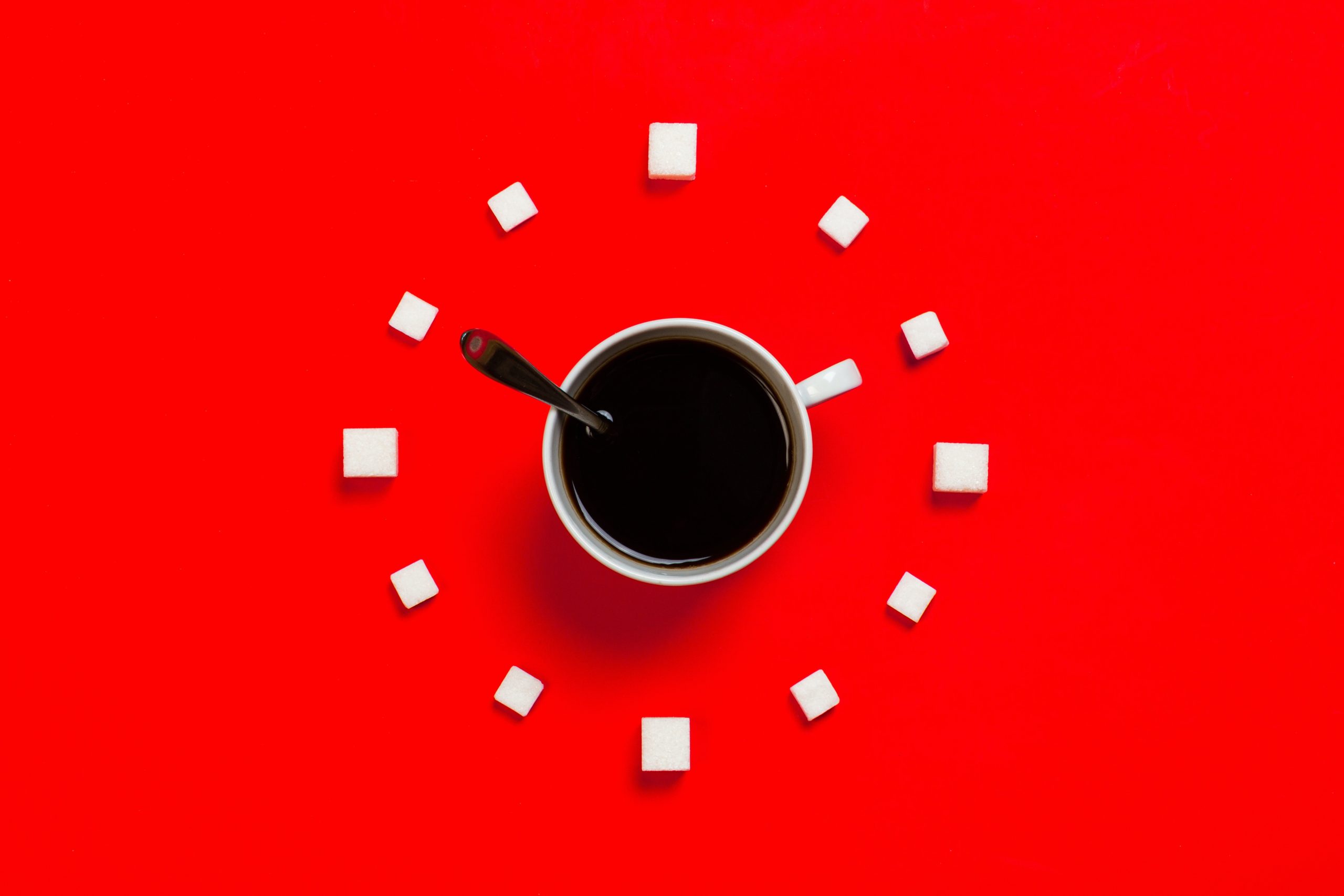I have been doing an experiment on myself for the last two months to see if I am more productive when I manage my time or energy. As well as, what happens to the quality of my work.
Nothing wild happened like hooking myself up to a machine, forcing myself to eat weird food, or track if the direction the wind blows bothers me.
I used my self-awareness skills, a notebook, and a spreadsheet. (If you choose to do the same experiment, you might choose different tools.)
When I decided to test this out, I wasn’t convinced that it really mattered.
Turns out – it does matter when I manage my energy rather than my time. (Insert shocked face here.)
I even had some a-ha moments for burnout recovery along the way. (If you are ready to recover from burnout be sure to sign up for my burnout recovery course waitlist!)
Tracking Myself
Before I even started testing, I did a little research about managing my energy. Traditionally, you and I are taught to become time management ninjas. So, I understood how to track my progress and manage my expectations there.
Energy not so much. Do I track calories? Sleep? Heart rate and oxygen? What the heck do I track? I need data!
Tracking energy is more of a subjective activity, based on how I feel.
The other “metrics” I tracked:
- What brings me energy versus what eats it up
- How much energy do I need for different activities
- What are my energy levels throughout the day
Bonus – and this is just luck – I keep most of my To Do Lists in my calendar. So, I could see what I have marked off and accomplished on a daily basis in previous weeks. I know, I know, I’m weird like that.
How I Scienced My Time And Energy
I spent the first two weeks tracking my energy levels. While it wasn’t enough time to give me a comprehensive view of my energy each day, it provided enough information to make some educated guesses.
The next two weeks, I played with my schedule of when I typically do certain activities. Again, not enough time to give me a comprehensive view, but enough to see that some things were never going to work at certain times of day.
For example: I usually workout first thing in the morning. I tried moving my workout times first to the afternoon, then to the evenings. I hated it. I really struggled to motivate myself to workout later the in the day – which also meant less energy to exercise because I had to try harder to get it done.
But, I was pleasantly surprised that I still felt good writing at later times during the day, including through the evening. Prior to this experiment, I assumed I needed to shut that down by 5 p.m. because my brain and energy slow down at that time. Feed me some dinner, play a little Wheel of Fortune, and I can write a little longer.
After these first four weeks, I had a bit of an epiphany: energy management needs parameters.
The Parameters And The Surprise Outcome
There will always be a bit of blend of managing your time and energy. I am not likely to be someone who completely forsakes one for the other. I will, however, be leaning heavier on my energy levels to determine the optimal time of day and how much I should to do for most activities.
Here is where the surprise came in: Energy management isn’t just about paying attention to your energy levels and when you should do certain things. Even though, like most people, I have more energy and mental clarity in the morning there are other factors that I needed to account for to manage my energy:
- Boundaries: I needed to have boundaries around what work I would or wouldn’t do, as well as, how much of it I should take on. If I do work that isn’t a match or I don’t want to do, I will expend more energy to get it done – both mental and physical.
- Priorities: What work was most important to reach my goals. My priorities worked in tandem with my boundaries so I knew what to say yes or no to.
- Drive: Am I someone that has a “high drive” or a “low drive”? Meaning, when I have a goal, do I bust my butt 24/7 until I reach it? Or, do I take my time and end up hurrying the closer I get to a deadline? I am definitely a “low drive” kind of gal. This affects my pacing.
- Pace: I need to be sure to pace myself. I needed to spread out my coaching calls throughout the week, instead of allotting two days each week where I take back-to-back calls. (And, thank you to my clients who adjusted their schedules to help me out with this experiment!)
- Build in rest and recovery: I needed to understand what kind of rest I needed and when. Do I need a power nap at 2 p.m. or an early bedtime to get more sleep? I did better when I took short breaks in between activities activities. After writing this email, I’ll take 10 minutes to clear my head before I move on to the next thing.
After two months, I went back and compared my To Do Lists to lists of the past. I got more accomplished – with energy to spare! – when I managed my energy. More importantly (at least to me,) my mental clarity and ability to think through ideas lead to a better quality of work.
How This Affects Burnout
When you are burned out you have no energy. You have no energy due to a combination of factors like stress, negative emotions, and lack of sleep.
Most people who are burned out lack an awareness of how their energy really works. What they can do create energy versus what they do that drains it. If you were to begin tracking where the little energy you have goes, you would likely find several task or activities that continually drain you and that there are far more of those activities than those that would create energy.
Taking the time to build an awareness of your energy would have a huge impact on your burnout recovery because you can stop doing the things that don’t serve you and more of the things that do.
Other Thoughts & What’s Next
My goal wasn’t about how to have more energy to work longer hours and to start producing massive amounts of work. That may be the goal for you, and that’s okay! Some of you really do need to change your level of productivity – especially if you have been burned out.
My goal was to find a way to sustain my energy throughout the day to relieve myself of some of the valleys I hit. Those valleys have a significant impact on my productivity. It’s a period of time where I have trouble focusing, so I can’t really do much. I still have dips in my energy throughout the day, but they aren’t as debilitating
The next phase of this experiment will include more attention on my emotions and mindset. Positive emotions create energy, while negative emotions drain energy. And that negative self-talk? I might as well just go back to bed. It sucks the energy right out of me.
I’ll be sure to report back.
Share With A Friend
If you know someone who would be interested in this email, share it!






